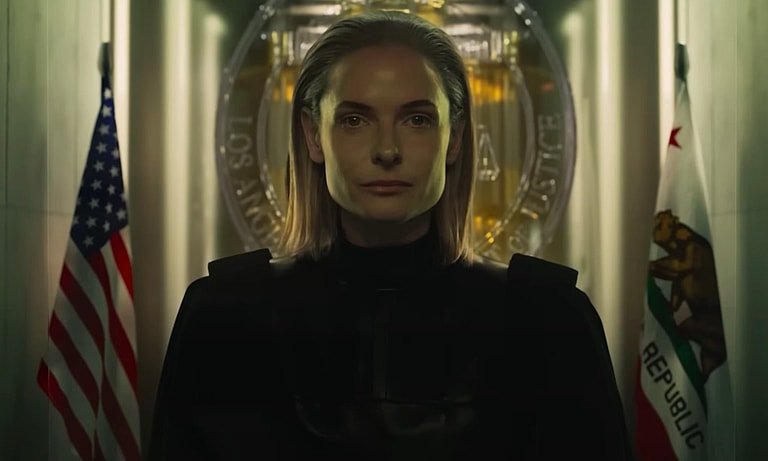Utopia
/Director Gillian Flynn is adapting the series for American audiences from the original British drama, which follows comic book fans of a fictional graphic novel, Dystopia. While attempting to get information about its sequel, Utopia, they enter grave danger—and then the protagonist from the comic book series shows up.
Of primary interest is how this brief trailer covers one of the most famous classic opera songs of all time—the Habanera, or “L’amour est un oiseau rebelle” (“Love is a rebellious bird”), from Georges Bizet’s Carmen. It’s been used by everyone from Beyonce to The Muppets and beyond. Here, the song takes on a more subversive, sinister tone, and the arrangement (smartly) assumes near-instant familiarity with any of its distinctive components, even in a cut-up, recomposed form.
The cover song in trailers at this point is a well-trodden idea; last year, the New Yorker covered its history, with its genesis generally considered to be found with the cover of Radiohead’s “Creep” in service of The Social Network’s trailer. However, less rarely is it used with classical music—the last trailer to have used this particular strategy in recent memory would be one for Sony Pictures’ Morbius, which used the Beethoven piece best known as “Für Elise”.
The motif in Carmen with its jaunty-rhythm, minor-key arpeggio in the bass appears immediately in the trailer and is probably enough as-is to get the average audioviewer to recognize it. However, this time distortion—possibly electric guitar—is added to the usual complement of bowed strings. This is paired with some cliche trailer music tropes, with a single, reverberant piano note at 0:09 and some ticking through the first few scenes.
The entry of the vocal melody (played as an instrumental here) is cut out after the first few notes, in synch with the television cutting to a different channel. Another snippet of the melody fades in and out from 0:21-0:22, giving an overall sense of barely-controlled chaos. The editors are relying on the fact that the average audience would know this melody well, and are taking advantage of it with this edit.
For the second section of the trailer at about 0:27 onwards (after the writer credit), epic percussion is cleverly inserted on beats three, four, and one, playing off the theme and giving it a very “trailerized” feel. The insertion of brass playing long tones further amplifies this new, epic feel that one would not typically associate with “Habanera” at all.
Lastly, after another synch point at 0:50 with the explosion, we hear a lone, morose-sounding violin with the main title card. It is only at this point that we actually hear the main melody in full (albeit ending after a single phrase). Intentionally withholding that melody for this ending heightens its impact, in addition to giving more of a sense of closure and finality to the trailer as a whole.
The use of “Habanera” works intertextually: In the original, the focus is on the unknowable, dangerous nature of love; in Utopia, a group of fans enter danger as a result of their shared love of a comic book series. That sense that one should beware and proceed with trepidation, or that aforementioned sense of controlled chaos, is amplified through this modernized version of Bizet’s classic.
Utopia premieres this fall on Amazon Prime Video.
— Curtis Perry







